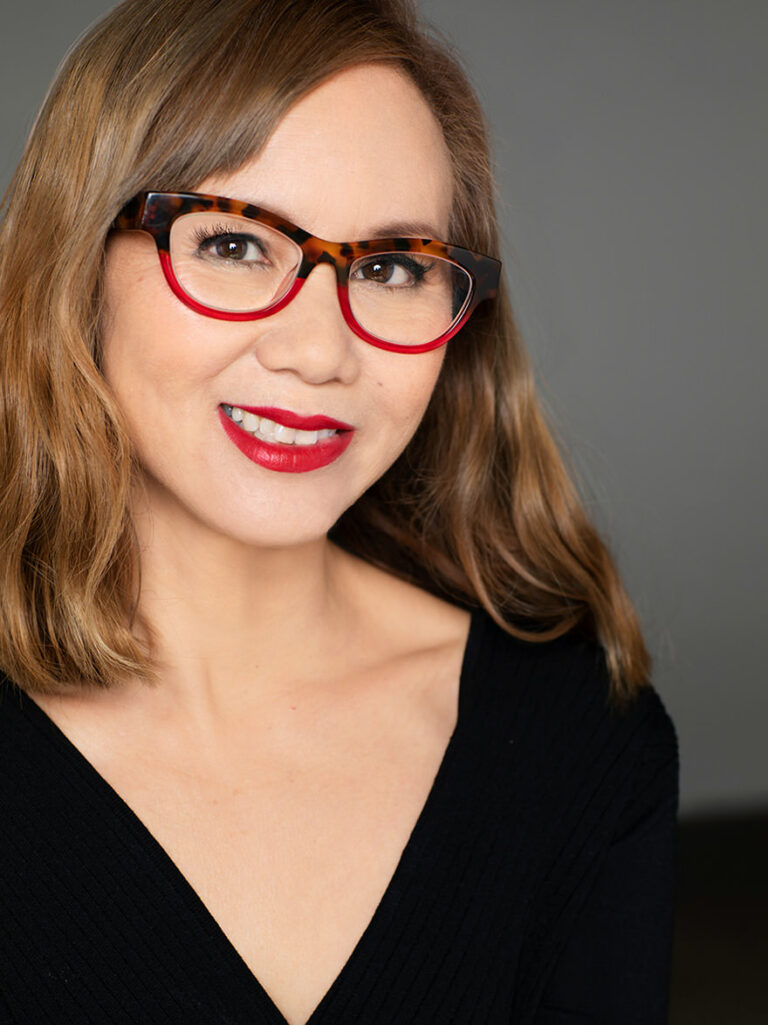

Lan’s earliest memory is being photographed in the local newspaper having just arrived in the US for the first time. In 1975, she came to Butler, Pennsylvania, with her 5 siblings and father after they were sponsored by a Catholic congregation to come from Guam. She was 3 when her father held her in his arms to shield her from the flash of the camera. She did not know until much later what it meant for her to be without a mother and for her father, after serving in the South Vietnamese army as a Lieutenant Colonel, to be without a country.
Her family endured cold winters in Butler and yet Lan did not pay the weather any mind. She had sisters for a mother and a father and brother whom she both adored. She witnessed the arrival of her eldest brother who would reunite with his family in in the late 1970s. Like his father, he also fought alongside the U.S. and left Việt Nam before the state could incarcerate and re-educate him.
In the small steel-mining town, Butler was a world in which her father would perform menial labor like washing cloth diapers for a local nursery, her sisters would go to a high school where they were taunted for being gooks, and her brothers would sort through their recollections of the presence and absence of Việt Nam and the mother.
In 1980, Lan’s family decided to migrate again to San José, California for the sun and the high tech jobs in Silicon Valley. In a stucco house bordered by fuchsia oleanders, which held in their petals and stems both beauty and poison, Lan grew up without her mother for 20 years. She attended public schools like Robert F. Kennedy, J.W. Fair and Yerba Buena High School, where she discovered the joys and fears of a refugee girlhood, one spiked with insouciance and tenderness as well as violence and racism. All the while, she wrote poetry and read books at the San José Public Library to try to make meaning of the wilderness that was Việt Nam.
Leaving for graduate school in southern California, Lan found the language of women-of-color feminism to name the feminisms that she grew up with. It was here that Lan became a researcher. When her mother finally came to the US, she saw for herself her mother’s love for eating, cackling, watching Paris by Night, and taking care of her grandchildren. She passed away in 2019. In time, though, Lan’s sister would join Lan’s family in the U.S., and then her eldest sister would come in 2020 during a global pandemic. Always someone missing and someone missed.
Dedicated to her nephew, sister, and oldest brother who all died recently, Lan’s next creative work will be a memoir centering cancer and intergenerational trauma. When she is not writing poetry or doing research, she is at home with her partner, Viet Thanh Nguyen, and her children, Ellison and Simone.